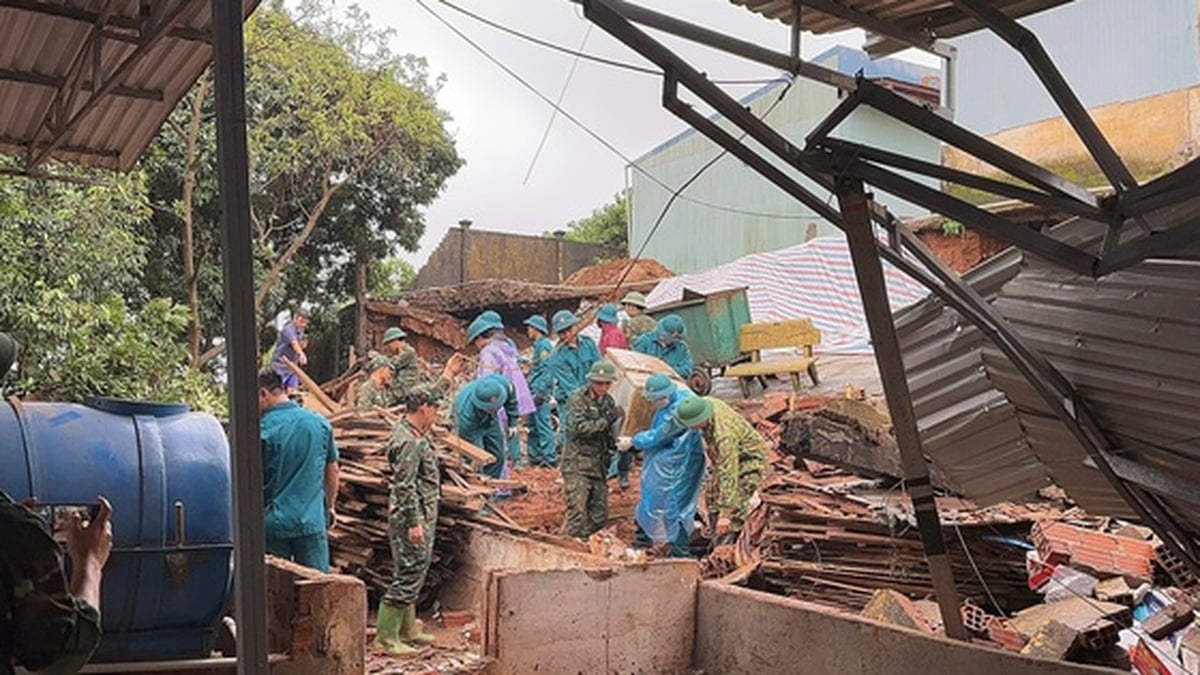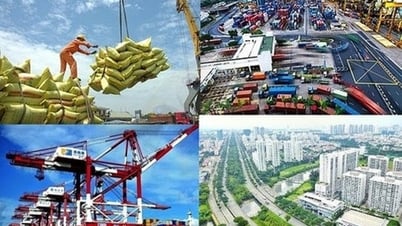The World Bank (WB) on June 7 released a report in which it forecasts that economic growth this year in the Latin America and Caribbean region will be much lower than last year's 3.7% growth rate, mainly due to the impact of high interest rates as well as the decline in raw material prices on the world market.
World Bank Chief Economist Indermit Gill said Latin America is lacking growth drivers this year due to both external factors and internal problems.
On the external front, Gill pointed to the impact of the conflict in Ukraine, as well as the tightening of monetary policy in major economies. These factors are causing a global slowdown and affecting commodity prices, and impacting countries whose economies rely heavily on exports, including many in Latin America.
 |
People shop at a market in Ozumba, Mexico. |
Added to this is the “tight” monetary policy in many Latin American countries over the past 12 months due to high inflation. According to the World Bank experts, the impact of rising interest rates is starting to have consequences, including falling real wages and consumption.
The World Bank believes that if Latin American countries loosen monetary policy later this year, the region's Gross Domestic Product (GDP) growth in 2024 could increase to 2%.
Among the region’s major economies, Brazil will maintain “modest” growth of 1.2% this year and 1.4% in 2024. Latin America’s second-largest economy, Mexico, will grow 2.5% in 2023 but slow to 1.9% in 2024.
Due to the impact of the recent severe drought, Argentina, the third largest economy in Latin America, will record negative growth of 2% this year. Similarly, Chile's GDP will decline by 0.8%. Both economies will recover in 2024 with growth of 2.3% and 1.8%, respectively.
In the report, the World Bank also stated that “ political and social instability persists in several Latin American and Caribbean countries,” which has led to a decline in consumer and investor confidence. According to the multilateral financial institution, Peru’s economy was hit hard by protests that took place earlier this year. Meanwhile, social unrest in Chile has been fueled by disputes over constitutional reform.
The report also said that Argentina is still facing high inflation and the possibility of adjusting macroeconomic policies in the context of severe drought, while the Brazilian government is facing problems related to raising the public spending ceiling.
News and photos: VNA
Source







































































































Comment (0)